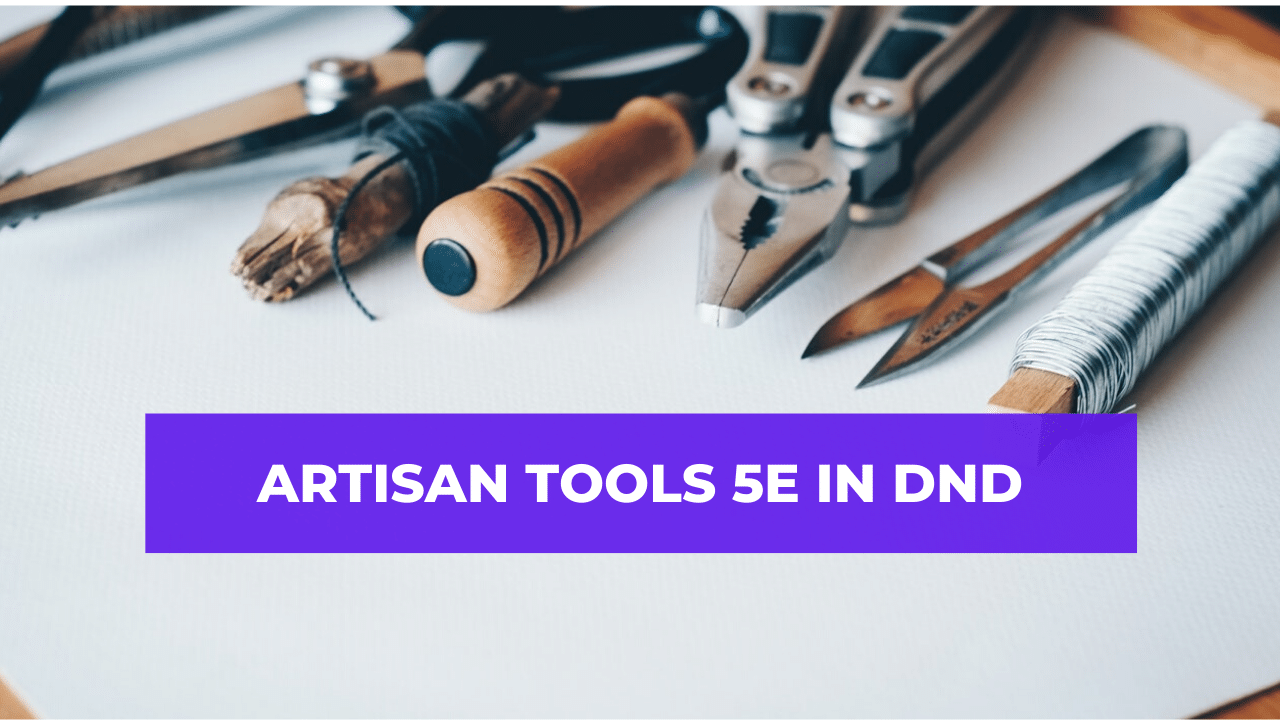Social listening is one of the most effective ways of boosting your digital marketing campaigns, brand image, and understanding product performance. This is mainly because people are increasingly using social media platforms to share their opinions on products and services. Businesses can use listening tools to become part of these conversations. This way, they can better understand their impact on the market, consumer trends, and the effectiveness of their campaigns.
Social listening tools are basically software that monitors and analyze online conversations related to your brand, competitors, specific topics, and any other factors related to your business. The software uses specified keywords to generate reports and analytics to help your marketers understand your brand mentions. Social media listening tools are not restricted to social media platforms; they draw data from blogs, articles, comments, and posts on public forums.
How Do They Work?
Social listening tools are considered valuable assets to your digital marketing campaigns. These tools work by collecting online data about your brand and that of your competitors. This data is often collected over a specific period or in real-time based on your company’s needs. You can as well program the tools to collect data on mentions based on particular languages or service areas. Listening tools base their research on different keywords, including your brand, product name, or phrases related to your business.
These tools are then used to analyze the mentions before they are classified as positive, negative, or neutral. You can broaden your search by including categories that target what customers say when discussing your brand, product, or service.
Uses of Social Listening Tools
Developing a competent social listening program can help you stay on top of your competitors and understand market dynamics. Most businesses use social listening tools to gather data on various aspects of the industry, including:
Identifying Influencers
Most people rely on industry influencers and advocates to decide what to buy and who to do business with. Businesses can use social listening to identify these individuals to help them increase conversion rates and boost sales. Finding the right influencers can also help you promote your brand awareness and give you a positive image among prospective customers.
Tracking Brand Intelligence
Social listening allows you to track consumer feedback and understand their perception of your brand. You can use the data, positive and negative, to compare your performance against your competitors. This way, you can make informed decisions concerning product offerings, service delivery, customer services, and marketing campaigns. Working on these areas can help you boost your brand image and generate revenue for your business.
Measure Campaign Impact
Understanding the impact of your marketing campaigns can help you re-evaluate your strategies to create something your prospective clients want. The best way to track how each campaign is performing is by employing social listening tools. These tools will track your brand awareness, how much it has improved, and level them of mentions after a campaign. Data generated by these tools will give you an insight into what consumers are saying about the content of the campaign and how it influences their decisions.
Improve Customer Relationships
The best way to retain customers and cultivate long-term relationships with your client base is through improved customer services. However, to better your services, you need to understand your client’s frustrations regarding your brand, products, services, and how best to address their needs. To improve customer service, you need to gather enough negative feedback about a specific area and work to improve those sections. Showing your customers that they are being heard helps increase loyalty and could even earn you super fans.
NetbaseQuid is a leading IT firm that has majored in providing data analytics, monitoring, and generating reports. The firm utilizes social monitoring and listening, among other strategies, to help clients make informed decisions.












